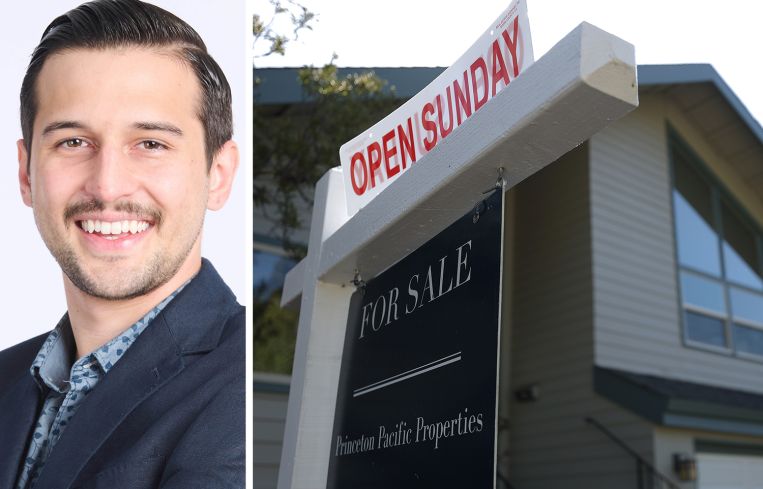Renting Gains Appeal as More than 20% of Homeowners Are ‘House Poor’
More than 1 in 5 American homeowners spend more than 30% of their income on housing expenses
By Michael Lucarelli September 30, 2024 3:55 pm
reprints
Home prices remain high, mortgage rates have barely budged, and inflation continues to cut into people’s spending power. All that means renting is increasingly becoming a financially sound option for millions of Americans.
According to a recent LendingTree study, 18.3 million people, or about 21 percent of U.S. homeowners, are now “house poor,” spending more than 30 percent of their income on housing expenses, including mortgages, utilities and taxes.
In high-cost states like California, Hawaii and New York, over 3 million homeowners are facing financial strain. Beyond the mortgage, many are also faced with rising property taxes and insurance payments, higher maintenance costs, and bigger utility bills. Meanwhile, renting offers an alternative with fewer financial burdens.
This house-poor trend is not limited to coastal areas. Even in states like Indiana and Arkansas, many homeowners are struggling with rising costs. The median U.S. home price reached $394,000 this year, with mortgage rates hovering around 7 percent.
Broad-sweeping inflation further tightens budgets, leaving many questioning whether owning a home is still the best financial decision.
Debunking the myth that renting is ‘bad’
While home prices continue to climb, rents have remained relatively stable, particularly in cities with a surge in multifamily housing construction. In Austin, Texas, an influx of new apartments has led to rents dropping by 17.6 percent year-over-year. Other cities, like San Diego and Jacksonville, have experienced similar declines.
While monthly rents have slightly increased on a national level, they remain below their peak of $1,700 from two years ago, according to Redfin’s August report. This is making renting a potentially attractive alternative to the financial strain of homeownership. In oversupplied markets, many landlords are even offering rent concessions, further improving rental affordability.
Renting can also eliminate certain risks that come with homeownership, such as unexpected maintenance costs, rising property taxes and fluctuating home values. This can allow renters to better manage their monthly budgets and avoid the financial uncertainties tied to owning a home.
Renting also provides flexibility that homeownership cannot. Renters can relocate easily for job opportunities, family needs or lifestyle changes. Today, when remote work and shifting job markets have had much more of an impact on housing choices than ever before, the ability to move without the burden of selling a home is a significant advantage.
Additionally, renters can live in desirable neighborhoods or cities where they might not be able to afford purchasing a home due to soaring property values. This flexibility often leads to a better quality of life, particularly in markets where homeownership would mean overextending financially.
A sustainable long-term strategy
For many in the U.S., renting can turn from a purely temporary solution out of necessity into a more sustainable long-term strategy. In an unpredictable economy, renting can provide a certain financial leverage and flexibility that is becoming harder to achieve through homeownership. Without the financial weight of a mortgage, renters can concentrate on saving and investing, and focus on other goals such as traveling.
As housing affordability continues to be severely challenged, renting is emerging as a potentially smarter and more sustainable option.
Michael Lucarelli is the CEO and co-founder of RentSpree.



